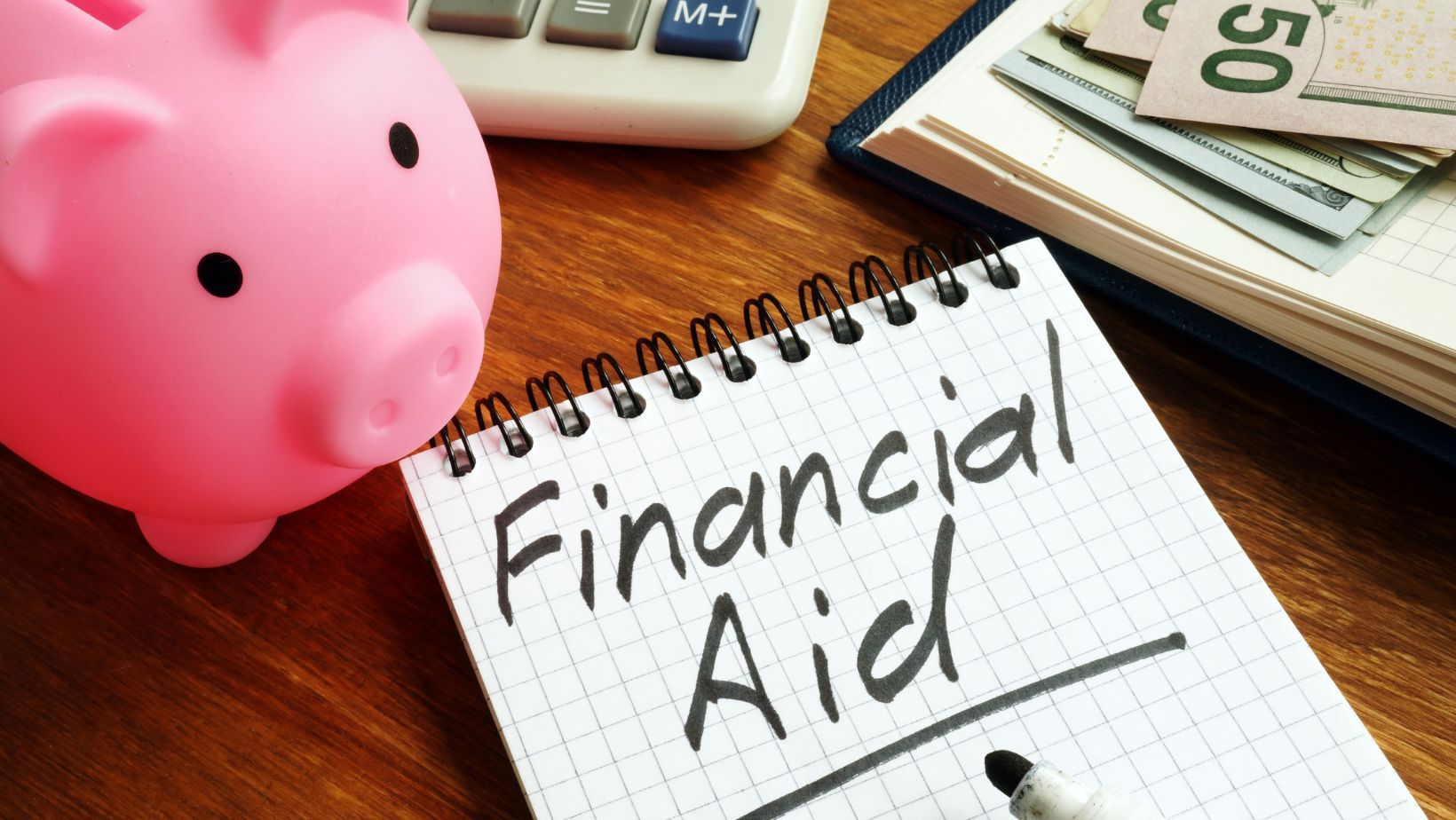
Financial education is a powerful tool that empowers individuals to make informed decisions about their money, and this is particularly crucial when it comes to navigating financial products like payday loans. In this article, we’ll delve into the relationship between payday loans and financial education, emphasizing the importance of promoting responsible borrowing practices.
Understanding The Need For Financial Education
Financial literacy is the cornerstone of sound money management. Unfortunately, a significant portion of the population lacks the necessary knowledge to make informed financial decisions. This gap in financial education can lead individuals to resort to quick-fix solutions like payday loans without fully understanding the implications.
The Basics of Loans
Before delving into the role of financial education, it’s essential to grasp the basics of payday loans. These short-term, high-interest loans are often marketed as quick solutions for emergencies, but they come with steep fees and can lead to a cycle of debt if not managed responsibly. Borrowers typically provide post-dated checks or authorize electronic debits to repay the loan on their next payday.
Financial Education as a Safeguard
Financial education serves as a safeguard against uninformed financial decisions, including the potential choice of payday loans. By equipping individuals with knowledge about budgeting, savings, and alternative financial resources, they are better prepared to navigate unexpected expenses without resorting to high-cost borrowing.

Budgeting Skills
Financial education emphasizes the importance of budgeting – the foundation of effective financial planning. Teaching individuals how to create and stick to a budget can help prevent situations where payday loans seem like the only option.
Emergency Fund Building
Encouraging the habit of building an emergency fund is a proactive approach to financial stability. An emergency fund provides a financial cushion that can alleviate the need for payday loans in unexpected situations.
Understanding Credit
Financial education includes teaching individuals about credit scores, reports, and the impact of borrowing on their creditworthiness. This knowledge helps borrowers make strategic decisions about when and how to use credit.
Exploring Alternative Financial Product
:
Financial education introduces individuals to a range of financial products beyond payday loans. This includes traditional personal loans, credit union options, and community resources that may offer more favorable terms.
Debt Management Strategies
Understanding debt management strategies is crucial for those facing financial challenges. Financial education equips individuals with tools to negotiate with creditors, prioritize debt repayment, and avoid falling into a cycle of high-interest borrowing.:
Transparent Information
Financial education promotes transparency in financial transactions. Borrowers armed with knowledge are better equipped to understand the terms and conditions of payday loans, including the total cost of borrowing and potential consequences.

Assessing Financial Health
Financial education encourages individuals to assess their overall financial health. This includes evaluating income, expenses, and identifying areas for improvement. With a clear understanding of their financial situation, individuals can make informed decisions about whether a payday loan is truly necessary.
Risk Mitigation
Financial education teaches risk mitigation strategies. Individuals learn to anticipate and plan for financial emergencies, reducing the likelihood of being caught off guard and resorting to high-cost borrowing options.
Long-Term Financial Goals
Setting and working towards long-term financial goals is a central theme in financial education. By understanding the potential impact of payday loans on these goals, individuals may be more inclined to seek alternative solutions that align with their broader financial objectives.
Community And Online Resources:
Financial education is not limited to formal classroom settings. Many community organizations and online resources offer accessible information on budgeting, debt management, and responsible borrowing. These resources play a vital role in reaching a diverse audience and addressing specific financial needs.
Conclusion
Financial education is a powerful tool for empowering individuals to make sound financial decisions. When it comes to payday loans, knowledge is the key to promoting responsible borrowing and preventing the pitfalls associated with high-cost, short-term lending. By integrating financial education into communities, schools, and online platforms, we can create a more informed and financially resilient society where individuals have the tools they need to navigate their financial journey with confidence and competence.















